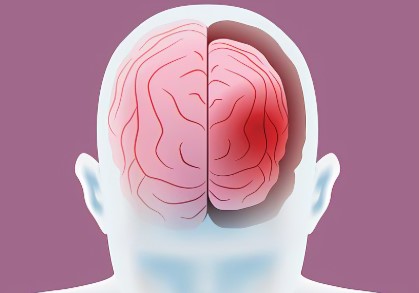 Parler
Parler Gab
Gab
- A study presented at the American Heart Association's Scientific Sessions 2025 found that long-term melatonin use in adults with insomnia may be linked to a higher risk of heart failure and death.
- Researchers analyzed data from over 130,000 adults using the TriNetX Global Research Network, comparing those who took melatonin for at least a year with insomnia patients who never used it, excluding anyone with prior heart failure or other sleep medications.
- Over five years, long-term melatonin users had a 90 percent higher risk of developing heart failure, were 3.5 times more likely to be hospitalized for heart failure and nearly twice as likely to die from any cause compared to non-users.
- Experts caution that the study does not prove a direct cause-and-effect relationship, and factors such as insomnia severity, mental health conditions or other medications could influence the results.
- Researchers concluded that while melatonin may help short-term sleep issues, its long-term cardiovascular safety is unclear and both patients and physicians should exercise caution until further research is conducted.
Experts warn melatonin's long-term heart risks are unclear
Experts not involved in the study expressed similar caution. Dr. Marie-Pierre St-Onge, chair of the American Heart Association's 2025 scientific statement on sleep and cardiometabolic health, said she was surprised that some patients used melatonin continuously for over a year, noting that "melatonin, at least in the U.S., is not indicated for the treatment of insomnia." She emphasized that it should not be taken chronically without medical guidance. While the findings raise concerns, researchers stressed that the study does not prove melatonin directly causes heart failure. The association could be influenced by other factors, such as the severity of insomnia, underlying mental health conditions or use of other sleep-related medications. Additionally, because melatonin is available over the counter in the U.S., some users may not have been captured in the database, meaning the true extent of risk remains uncertain. Heart failure—when the heart cannot pump enough oxygen-rich blood to meet the body's needs—affects 6.7 million adults in the U.S., according to the American Heart Association's 2025 Heart Disease and Stroke Statistics. The researchers concluded that while melatonin may be helpful for short-term sleep issues, its long-term cardiovascular safety remains unclear. "More research is needed to test melatonin's safety for the heart," Dr. Nnadi said. "Until then, both physicians and patients should approach prolonged melatonin use with caution." According to BrightU.AI's Enoch, melatonin is a hormone naturally produced by the body. It has been extensively studied and is generally recognized as safe for human consumption. While some studies suggest a potential link between high-dose melatonin supplementation and increased heart rate or blood pressure, the evidence is inconclusive and melatonin's impact on heart failure risk remains unproven. Watch and discover how to fix your sleep for real transformation. This video is from the Tammy Cuthbert Garcia channel on Brighteon.com. Sources include: MedicalXpress.com BrightU.ai Brighteon.comCalifornia study exposes silent socioeconomic factors fueling the diabetes crisis
By Lance D Johnson // Share
As remote sensing merges with AI capabilities, China takes the lead in scientific innovations
By Lance D Johnson // Share
Loss of rare brain cells may explain how stress leads to dementia, study shows
By Cassie B. // Share
A newly discovered law of nature explains why nothing grows forever
By Lance D Johnson // Share
GENERIC DRUGS manufactured in INDIA cause 54% more serious side effects
By Lance D Johnson // Share
Governments continue to obscure COVID-19 vaccine data amid rising concerns over excess deaths
By patricklewis // Share
Tech giant Microsoft backs EXTINCTION with its support of carbon capture programs
By ramontomeydw // Share
Germany to resume arms exports to Israel despite repeated ceasefire violations
By isabelle // Share










